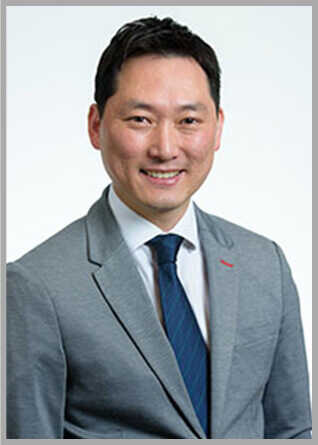Many people have questions about sedation dentistry. Our dentists have compiled a few answers to the questions we hear most often. If you have any additional questions about dental sedation in Kennebunk, Maine, please contact Kennebunk Center for Dentistry at 207-985-7944. We’re here to help you have the best dental experience possible. We’re listening!
- Will I feel any pain during my sedation dentistry appointment?
A. Most patients feel no discomfort whatsoever during their treatment and feel surprisingly good afterwards. You will always have local anesthetic for numbing during treatments when and where it’s normally indicated.
- Will I be totally relaxed during my sedation dentistry appointment?
A. With most sedation dentistry methods, you’ll receive just enough sedation so that you’ll be completely relaxed during treatment. Your level of comfort and relaxation will always be monitored.
- Will I be left alone during my sedation dentistry treatment?
A. No, there will always be at least one person with you at all times. If you are having IV sedation, the anesthesiologist will be with you throughout the procedure to monitor your comfort and your safety. The dentist, hygienist, and/or assistant will also be in the room caring for you.
- Will I remember anything after experiencing sedation dentistry?
A. Depending on which sedation method is used, you may have little or no memory of your dental visit.
- Will I be groggy after the treatment is over?
A. Some patients feel rested, some feel tired, and some feel wide awake. For your safety, you will always be required to have a family member or friend drive you home and stay with you after oral or IV sedation.
- Will my dental insurance benefits cover Dental Sedation treatment?
A. Dental benefits may cover a portion of the dental care, but rarely do they cover sedation. We can help you review your benefit plan and, if necessary, discuss payment options so that you can comfortably have the dental care you need.
- What is the name of the drug that I will be given?
A. For oral sedation, there are a number of safe and highly effective anxiety-reducing medications on the market today. For example, Lorazepam and Triazolam are commonly used during oral conscious sedation (anxiolysis). During IV dental sedation, the anesthesiologist may administer Midazolam and Propofol and titrate to the desired level of relaxation. We also have reversal medications on hand as well as an up-to-date supply of ancillary and emergency drugs.

 207-985-7944
207-985-7944  207-985-8718
207-985-8718 


 Relaxation room with beverages, headphones and massage chair.
Relaxation room with beverages, headphones and massage chair. 















